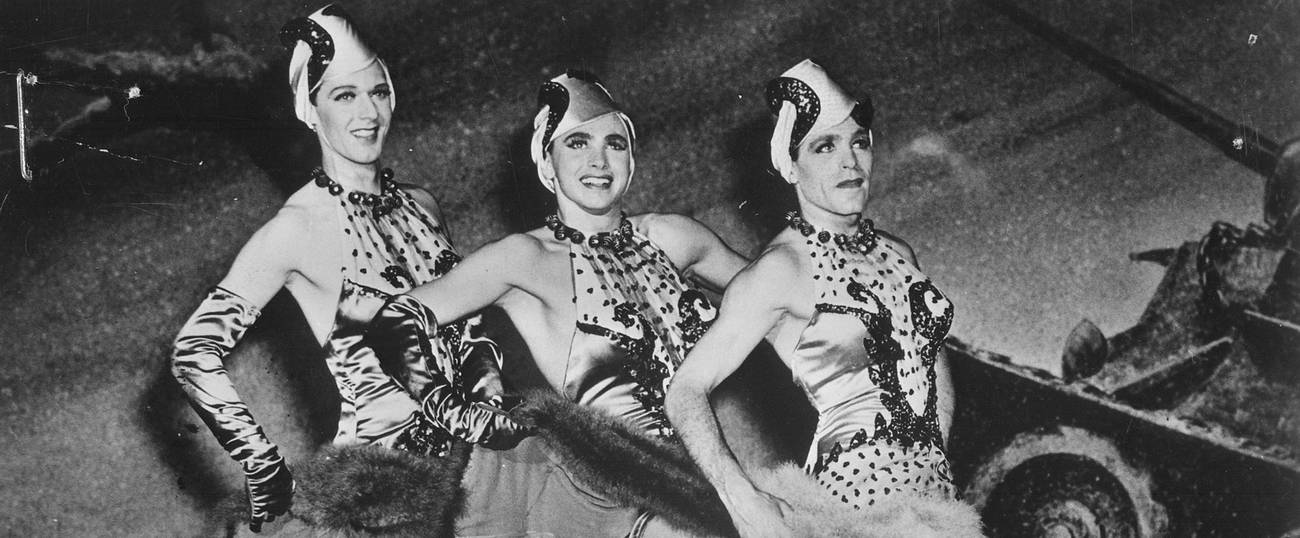Brooklyn Shul Inspires Genderless Apparel Start-Up
RIGit wants you to focus on beautiful clothes, not traditional gender roles




Are you a woman who likes to shop for ties and blazers as much as sundresses and statement necklaces? Or a man who’s tired of beauty products that avoid threatening your sensitive masculinity, likening scents to “Game Day,” Irish Stout and Charcoal, or even just “Dirty?” Or maybe you’re a gender nonconforming person, who hates being forced to choose a side of a store, and consequentially, a gender identity, every time you enter a mall?
That’s why Amy Bender and April Mellas created RIGit, a completely new shopping experience. For one, it’s an app that features a Tinder-style sensibility, allowing you to swipe right for the clothes you want and left for those you don’t. But even more revolutionary about RIGit is its mission in bringing genderless clothing options to the masses.
Society, Bender said, unnecessarily assigns gender to inanimate objects, a practice that can be harmful. “Clothes have no gender,” she explained, “and neither do cocktails, sunglasses, or colors. [Assigning gender] creates barriers and puts people in boxes.”
Enter RIGit. The app has pictures of models of all genders and colors, encouraging shoppers to pay more attention to the style and fit of the clothes rather than who should be wearing them. Users also have the option to browse outfits by style aesthetic, occasion, and type of clothing. Of course, the labels “men’s” and “women’s” are nowhere to be found. Instead, there are button-down flannels, pastel pink overcoats, and patch-covered tees with phrases like “genderless future.”
Bender and Mellas met after working together on a year-long fundraising campaign for Congregation Beth Elohim in Brooklyn. Finding that they made for a great team—they described themselves as “yin and yang”—they started thinking about a business model for a joint venture. Inspired by the synagogue’s progressive values of inclusion and acceptance, they realized genderless clothing was a perfect fit.
In addition to the retailers that RIGit outsources from, Bender and Mellas themselves designed clothing for the brand as well. They have a line of shirts that say “clothes have no gender.” The trope seems to resonate with people, especially in Brooklyn. Once, they recalled, they were wearing the shirts in a bar, and the bartender asked them for his own custom version: Cocktails have no gender, a protest against all the men who try to avoid “girly drinks” when the merits of his creations are in their tastes and should be enjoyed by everyone.
Similarly, Bender and Mellas think that no article of clothing should be off-limits to anyone. And that’s how they came up with the name of the app. Bender explained, “to rig a ship is to outfit a ship. When we were coming up with a name for our app, we wanted it to feel strong, genderless, and purposeful. And we didn’t want it to be specifically about clothing, because it has the potential for so much more. April came up with rigging a ship, but we’re rigging people.”
The pair want to make RIGit, which they argue is the world’s first 100 percent gender-free app, a household name. And gender-free shopping, they believe, is what many people want, a fact currently ignored by other retailers and one they believe will help their start-up succeed. “Amazon,” Bender said, predicting her business’s potential for future growth, “and then RIGit.”
Sophie Aroesty is an editorial intern at Tablet.